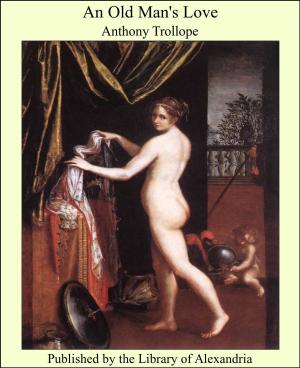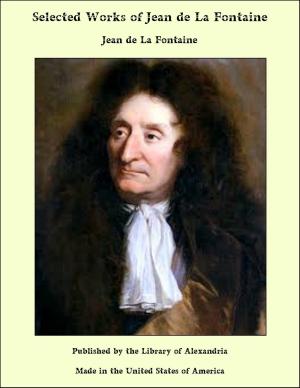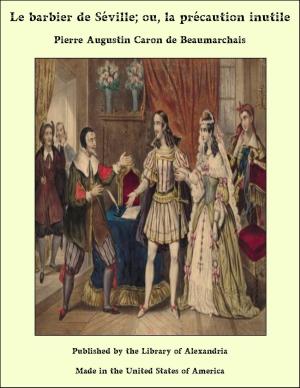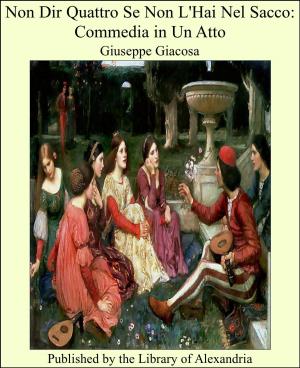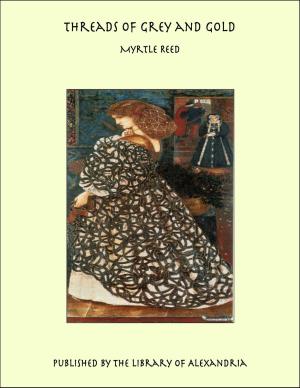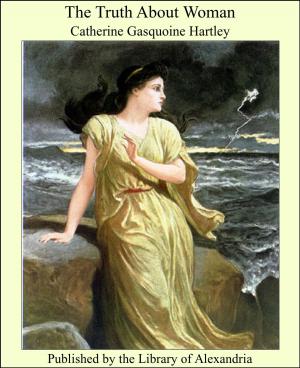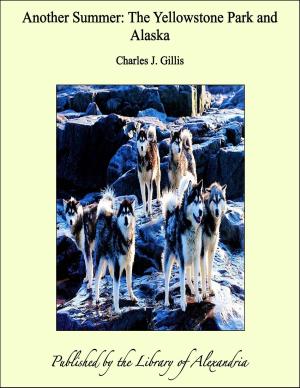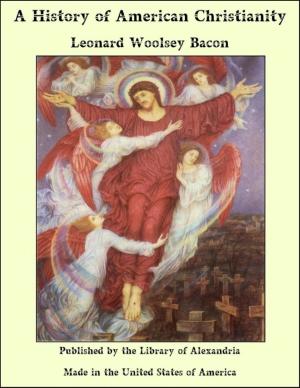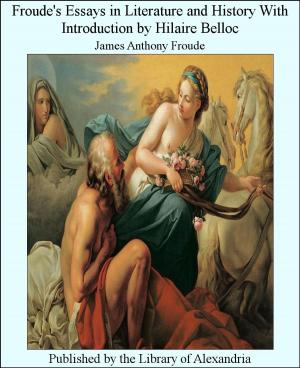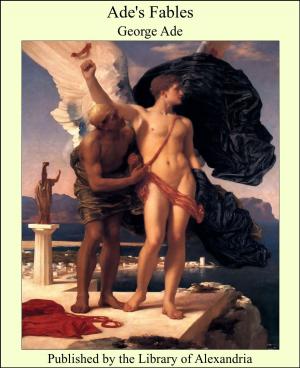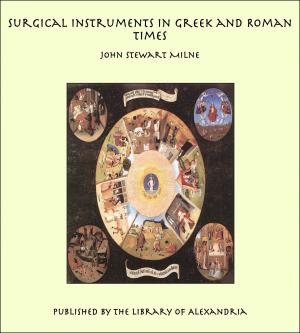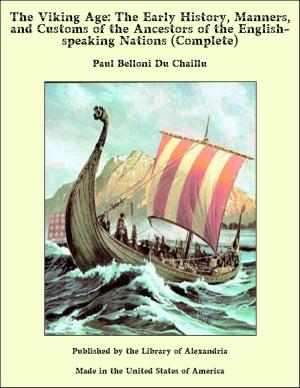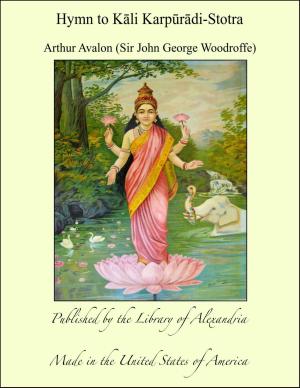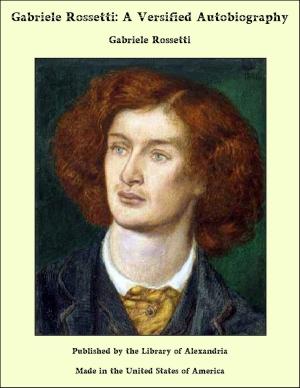Life of Sir William Wallace of Elderslie (Complete)
Nonfiction, Religion & Spirituality, New Age, History, Fiction & Literature| Author: | John D. Carrick | ISBN: | 9781465603067 |
| Publisher: | Library of Alexandria | Publication: | March 8, 2015 |
| Imprint: | Language: | English |
| Author: | John D. Carrick |
| ISBN: | 9781465603067 |
| Publisher: | Library of Alexandria |
| Publication: | March 8, 2015 |
| Imprint: | |
| Language: | English |
There is no portion of the history of Scotland more embarrassing to modern writers, than the period which relates to the life and achievements of Wallace. Having been long since anticipated in all the leading details respecting him by Henry the Minstrel, our historians in general seem nervous in approaching the subject; and have either contented themselves with such materials as the old English writers and certain monastic chronicles have furnished, or have deliberately borrowed, without the grace of acknowledgment, the facts recorded by an author they affected to despise, as one whom the learned were not agreed to admit within the pale of respectable authority. This treatment, however, we conceive to be not only unfair, but rather discourteous in those who may have extended their suffrages to writers guilty of much greater aberrations from historical veracity than any which are chargeable against him. It is true, that the works of those writers are in Latin; but still, we do not see that a great falsehood, told in the classical language of ancient Rome, should be entitled to a larger portion of public faith than a lesser one set forth in the more modern patois of Scotland. When Walsingham, in describing the battle of Falkirk, tells us that the sharpness and strength of the English arrows were such, that “they thoroughly penetrated the men-at-arms, obscured the helmets, perforated the swords, and overwhelmed the lances”—(ut ipsos armatos omnino penetrarent, cassides tenebrarent, gladios perforarent, lanceas funderent)—and another learned author, in narrating the same battle, makes the loss of the Scots in killed, wounded and prisoners, amount to more in number than were disposed of in any one of the most sanguinary conflicts between the Roman and Barbaric worlds,—we would naturally expect, that the indulgence which can readily attribute such outrages on our credulity, to the style of the age in which the writers lived, might also be extended to our Minstrel, even when he describes his hero “like a true knight-errant, cleaving his foes through brawn and bayne down to the shoulders.”
There is no portion of the history of Scotland more embarrassing to modern writers, than the period which relates to the life and achievements of Wallace. Having been long since anticipated in all the leading details respecting him by Henry the Minstrel, our historians in general seem nervous in approaching the subject; and have either contented themselves with such materials as the old English writers and certain monastic chronicles have furnished, or have deliberately borrowed, without the grace of acknowledgment, the facts recorded by an author they affected to despise, as one whom the learned were not agreed to admit within the pale of respectable authority. This treatment, however, we conceive to be not only unfair, but rather discourteous in those who may have extended their suffrages to writers guilty of much greater aberrations from historical veracity than any which are chargeable against him. It is true, that the works of those writers are in Latin; but still, we do not see that a great falsehood, told in the classical language of ancient Rome, should be entitled to a larger portion of public faith than a lesser one set forth in the more modern patois of Scotland. When Walsingham, in describing the battle of Falkirk, tells us that the sharpness and strength of the English arrows were such, that “they thoroughly penetrated the men-at-arms, obscured the helmets, perforated the swords, and overwhelmed the lances”—(ut ipsos armatos omnino penetrarent, cassides tenebrarent, gladios perforarent, lanceas funderent)—and another learned author, in narrating the same battle, makes the loss of the Scots in killed, wounded and prisoners, amount to more in number than were disposed of in any one of the most sanguinary conflicts between the Roman and Barbaric worlds,—we would naturally expect, that the indulgence which can readily attribute such outrages on our credulity, to the style of the age in which the writers lived, might also be extended to our Minstrel, even when he describes his hero “like a true knight-errant, cleaving his foes through brawn and bayne down to the shoulders.”

